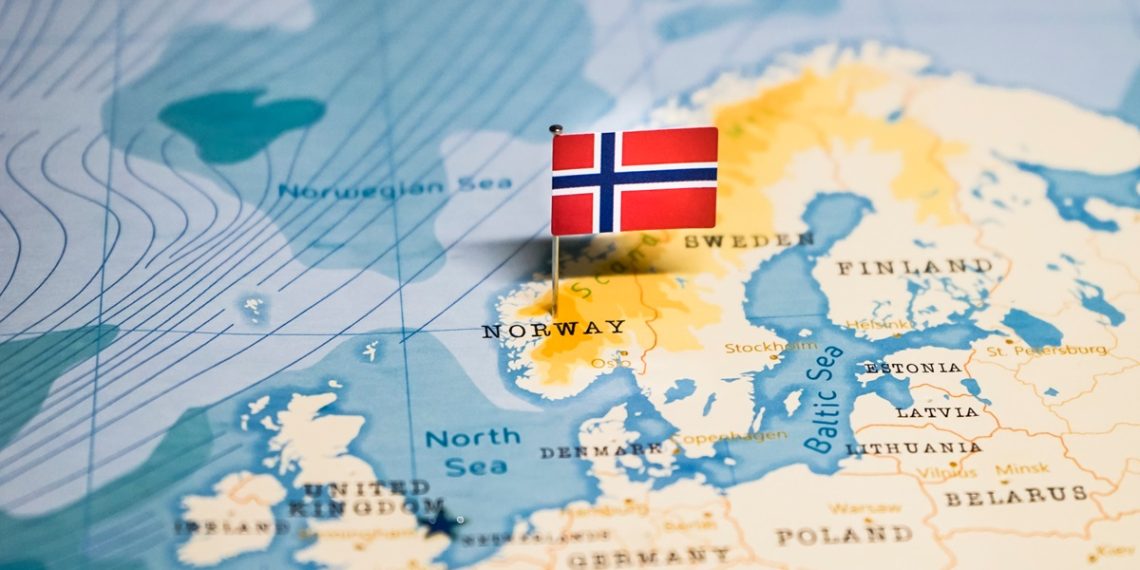Despite pushback from environmental groups and members of the fishing industry, Norway has approved commercial plans to commence deep-sea mining in the seabed of the Arctic Ocean. The move is an attempt to steer the European country away from fossil fuels towards a greener future.
The country’s parliament passed the bill by a vote of 80-20, and will allow exploration of approximately 280,000km2 of Arctic seabed — an area larger than the UK.
The Norwegian Offshore Directorate said in a statement, “We’ve mapped vast areas in the northern Norwegian Sea since 2017,… taken samples and collected data about minerals and metals found on the seabed, …done this by means of our own expeditions, and also in cooperation with expert communities.”
The continental shelf, a portion of the seabed where the water is relatively shallow compared with the open ocean, contains sulphide and manganese crusts which may hold around 45Mt of zinc and 3M metric tonnes of cobalt respectively, according to a white paper released by the government last June.
The mid-Atlantic Ridge also contains volcanic springs from the Earth’s crust, estimated to hold 38Mt of copper — more than the world’s current approximate annual copper production.
The proposal is expected to speed up exploration of these critical minerals which are coveted for low emission technologies, from electric vehicle (EV) batteries to solar panels.
However, critics were quick to react to the news. Greenpeace condemned the news as a “shameful day” for Norway. Frode Pleym, head of Greenpeace Norway, went on to say that its “embarrassing to watch Norway position itself as an ocean leader while giving the green light to ocean destruction in Arctic waters.”
Deep-sea mining has faced strong resistance from environmentalists and fisherman globally who argue there is insufficient research on the impact that deep-sea mining may have on underexplored ecosystems that are already at the brunt of anthropogenic activities.
“The consequences of both exploration and extraction are unknown and there is the risk of a potential environmental catastrophe,” activists including the World Wildlife Fund and Greenpeace said in a response to the hearing proposal last June. They said the plan is “irresponsible and violates Norway’s national and international obligations.”
The vote also poses geopolitical risk to Europe’s northern Baltic regions. The area meant for exploration is close to the Arctic islands of the Svalbard archipelago, which Oslo claims it has the sole right to mine, but Russia and the EU dispute this assertion.
Additionally, it puts the Nordic country at odds with the UK, which has called for a temporary ban on the practice of deep-sea mining until more environmental effects are known. However, proponents maintain that extracting raw materials from the seafloor will enable a faster transition to a green economy and could come at a lower environmental cost than traditional land mining.
Whilst international rules laws for seabed mining are still under review with commentary likely to follow later this year, for the moment, Norway will proceed with its plans to search for minerals on its extended continental shelf.












